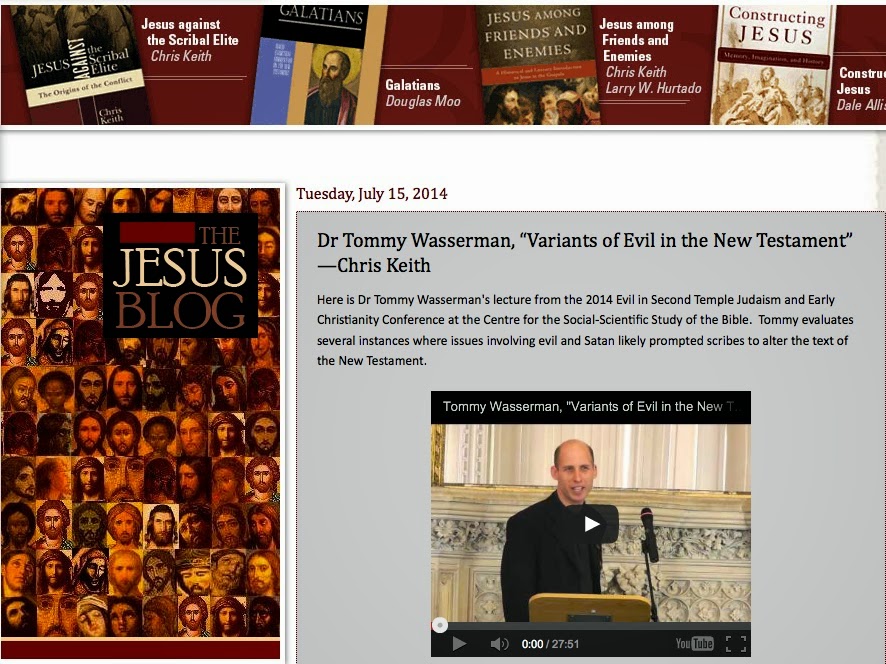1) Accents and breathings help us see how the scribe understood the text. Take for example P104 (P.Oxy. 4404), 2nd century.

Twice in Mt 21:35 a relative pronoun is provided with a spiritus asper, and I recall having seen a number of these in Sinaiticus (I think it was in John's gospel). It may be that relative pronouns such as ον were marked out to avoid confusing it with a word-final syllable. There is no doubt that P104 wanted to make things crystal clear.
2) It can help us avoid collation errors. A good example is Ψ(044) in Mk 10:12. The manuscript is cited by NA27/28 in support of the reading αυτη. And indeed these four letters do appear before απολυσασα:

But look at the accents, αὐτῆ ἀπολύσασα, which is not quite like the text αὐτὴ ἀπολύσασα. A second look at the manuscript reveals why. It is not the nominative but the dative we have here, ἠ ταύτην καὶ ἐν αὐτῆ ἀπολύσασα. (iota subscript not in manuscript; we would write αὐτῇ).

The reading itself is not completely clear to me, but certainly it is incorrect to cite Ψ(044) as direct support for the reading 'αὐτὴ'.
3) Accents can help us to think about the prehistory of certain corrected passages. Here is an example from X(033), Jn 1:32. The text in its corrected form gives καταβαίνoν.

The transcript of the IGNTP John project gives the nonsense form καταβαινυν as the original version. One could question this on space considerations alone. But attention to accents steer us in the right direction. Why καταβαίνον instead of the correct καταβαῖνον? I think this is because the scribe of X(033) originally wrote the masculine participle καταβαίνων (which fits the spacing much better), and correctly accented. The -ω- was later corrected to an -ο-, yet the accent remained untouched (Tregelles transcribed the manuscript here correct back in 1850).
These are only a few real-world examples; I am sure there are many more out there which have escaped notice. I don't think there is any excuse not to include accents and breathings by the first hand in transcriptions when these occur only sporadically (such as P104). Admittedly, there are practical considerations in favour of ignoring such signs, given where we are in transcribing the corpus of NT manuscripts. However, tools that we use for transcribing should at the very least have the option to include these accents and breathings.

